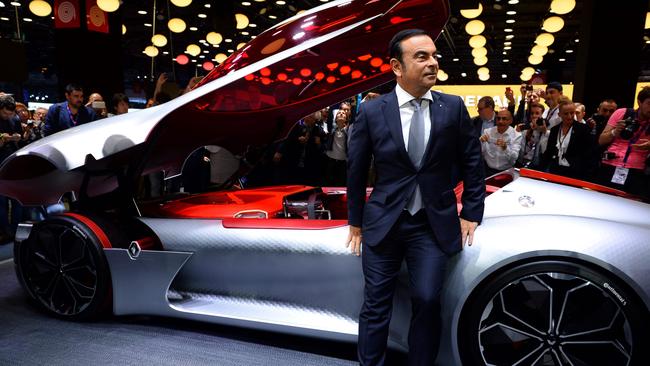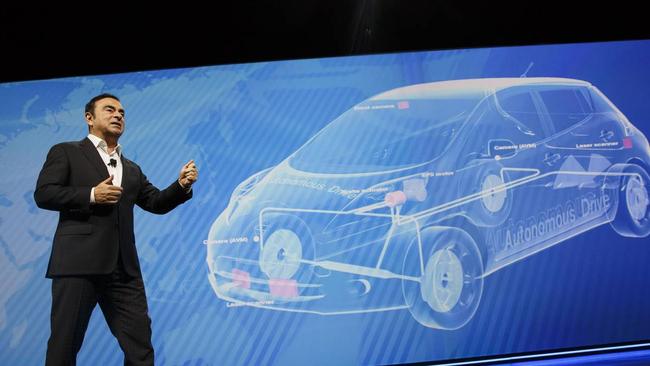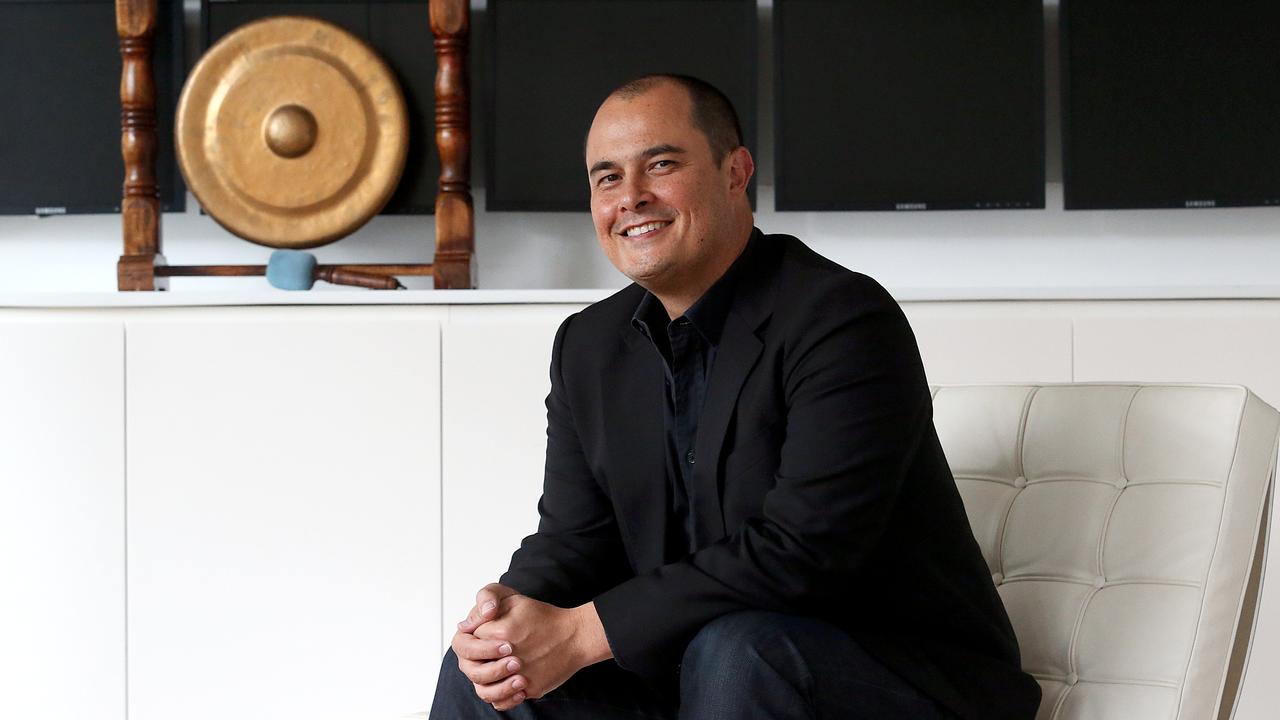Carlos Ghosn of Nissan Renault: autonomous cars majority in ‘five years’
Sales of autonomous cars will grow ‘massively’, the chairman of the world’s third-biggest carmaking group says.

Sales of autonomous cars will grow “massively”, according to the chairman of the world’s third-biggest carmaking group, Carlos Ghosn, who predicted the vehicles will be in the majority within five years.
But Mr Ghosn, who chairs the Renault Nissan Alliance, said the lack of clear policy and subsidies for electric cars was holding back demand, putting Australia out of step with other major countries including the US, China and Germany.
The chairman of the company that makes brands such as Nissan, Renault and Mitsubishi said electric car sales were not driven by consumer demand but by regulation of emissions which in turn encouraged consumers to buy electric cars.
“It is very difficult to make it an attractive sale without government subsidies to the consumer,” Mr Ghosn said in Sydney yesterday. “In Australia I don’t think there is anything to say that demand for electric cars is going to take off.”
The comments come amid widespread criticism of a lack of clear energy policy in Australia and a review by the chief scientist Alan Finkel into the security of the electricity grid that is expected to make recommendations affecting the design of the national electricity market.
Nissan has not asked the government for a subsidy.
Mr Ghosn pointed to the Nissan Leaf, the best-selling electric car in the world with 250,000 units, but which is expected to sell only 600 units this year in Australia, where total vehicle sales exceed one million a year.
The three car manufacturers now in the Renault Nissan Alliance have 13 per cent of the Australian market but Mr Ghosn said that should be much higher, citing the company’s 10 per cent market share in the US.
“I think the European presence can be much bigger than Renault today enjoys and both Japanese brands can do much better,” he said. “Particularly when I see that …. the Nissan brand in the US reaches 9.9 per cent I have a hard time understanding why Nissan cannot make more than 6 per cent market share in Australia.”

Mr Ghosn has overseen an alliance and cross shareholding between French marque Renault and Nissan since 1999.
Last year it pounced on Japanese maker Mitsubishi when it was found to be cheating on emissions tests, taking a controlling 36 per cent stake.
The alliance, which also includes Russia’s AutoVAZ, is the third-largest car manufacturing group in the world behind Volkswagen and General Motors. It makes almost 10 million vehicles out of a global total of 94 million.
In his first visit to Australia in a decade, Mr Ghosn dismissed fears that the development of autonomous vehicles — which allow a driver to resume control of the vehicle — and driverless cars would destroy the industry as people switched to ride-sharing and cars as a service. A US report for local government authorities earlier this year estimated that more than half of car users in some cities could give up car ownership and switch to ride-sharing in driverless cars.
But Mr Ghosn said manufacturers would take a long time to get driverless cars approved.
They were likely to be restricted to commercial purposes such as taxis and delivery services.
But autonomous cars, which allow the driver to take their hands off the wheel and their eyes off the road to do other things, were likely to explode in popularity over the next five years and represent the majority of cars on the market.
“You are going to have a massification of autonomous cars in the car business in the next five years because this is such a huge advantage for the driver in terms of comfort, ease, the time in the car to do something else,” he said.
This is going to change the way you see the car — the car as a kind of mobile space where you can work, you can rest, relax, you can see a movie, video conference while you are being driven.
“Compared to today where it is a transportation device ... that is a huge change.
“It’s a productivity gain, a comfort gain, it’s a lot of quality you are adding to the life of the consumer, which is of high interest to the carmaker because now the car becomes an indispensable product,” Mr Ghosn said.
“Today it is already very important but it becomes more and more indispensable if it becomes a mobile space.”



To join the conversation, please log in. Don't have an account? Register
Join the conversation, you are commenting as Logout